
What can you hunt with an air rifle?1 Comment30 August 2024 | Air Arms
When it comes to air rifle hunting, knowing where and what you can shoot is essential to safe and legal shooting. From small game hunting to pest control, knowing what animals you are legally prohibited from shooting is vital for safe air gun practice and can differ from jurisdiction to country. We will teach you how to hunt responsibly and successfully with an air rifle, from understanding local laws and ethical hunting practices to selecting the right equipment and honing your skills. Knowing the LawAir rifle laws can vary significantly depending on the location. Generally, these laws cover restrictions for purchase and ownership, where air rifles can be used, and whether they are considered firearms under local regulations. Before any shoot or hunt begins, you must ensure you abide by the air gun law in your jurisdiction so you can shoot not just legally - but safely. 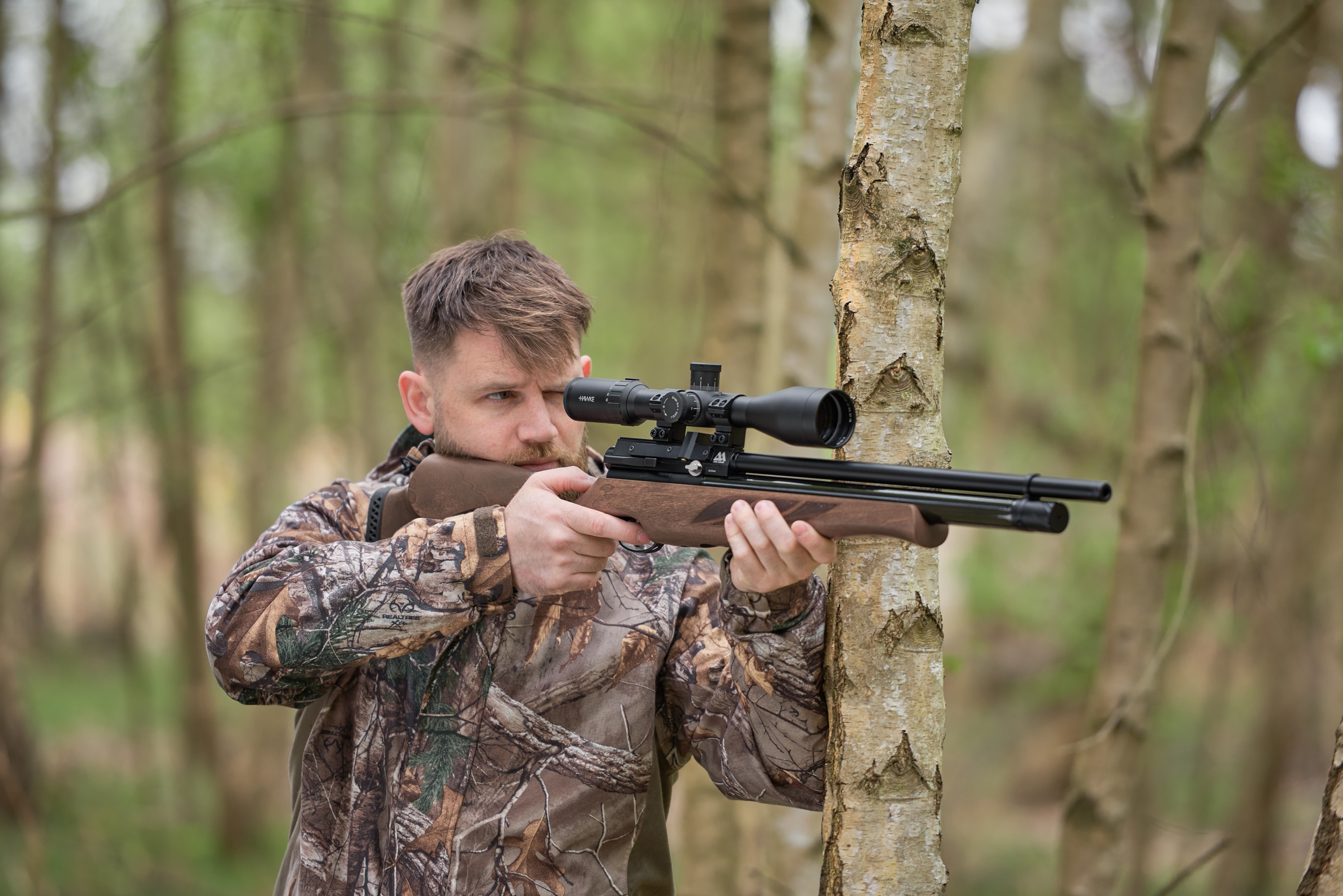 What type of hunting can you do with an air rifle?Air rifles are particularly well-suited for small-game hunting due to their precision and accuracy. They allow hunters to place targeted shots, which is crucial for humanely hunting small game. This precision ensures a quick and ethical kill, minimising the animal's suffering. Many air rifles can be equipped with scopes or advanced sights, enhancing accuracy and making it easier to hit small targets at varying distances. This makes them an excellent choice for hunters who want to prioritise accuracy and ethical hunting practices. What is small game hunting?Small game hunting involves pursuing smaller animals and birds, typically for sport or food. These often include rabbits, squirrels, pheasants, mice and rats. Unlike big game hunting, which targets larger animals like deer or elk, small game hunting usually involves different techniques and equipment. Air rifles are so popular for small game hunting in the UK because of their precision and relatively quiet operation. What types of animals can you hunt?Several animals can be legally killed with small game hunting and pest control but are often subject to specific regulations and seasons.
Considerations when huntingWhile some animals can be hunted year-round, regulations and ethical considerations still dictate when and why you can hunt them. Always make sure you check the laws in your area, as they can change from city to city. You can find out more information on the GOV website. 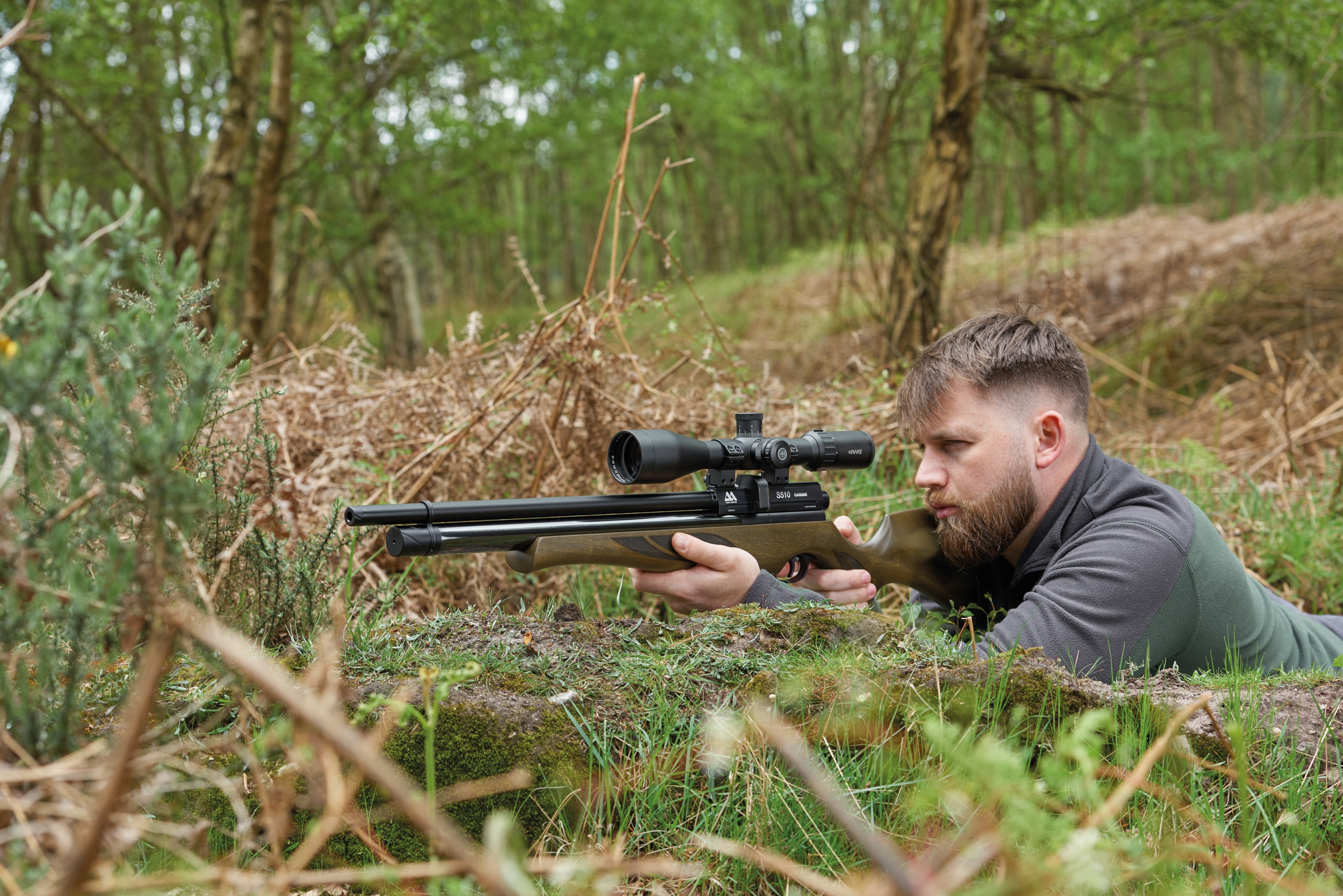 Conservation and Ethical HuntingEven when hunting pests, it's generally expected that you have a legitimate reason, such as population control or preventing damage. Some species have specific hunting seasons or may be protected, requiring adherence to these regulations to avoid legal issues. Let's take a closer look at the types of games you can hunt and how best to go around shooting these animals. 1) RabbitsRabbits and hares are among the most popular choices for air rifle hunters due to their widespread abundance and accessibility. Found in various regions, these creatures are ideal targets for beginners looking to hone their skills and experienced hunters seeking a reliable game. Their predictable behaviour patterns and habitats make them easier to locate, providing ample opportunities for practice in tracking and stalking.
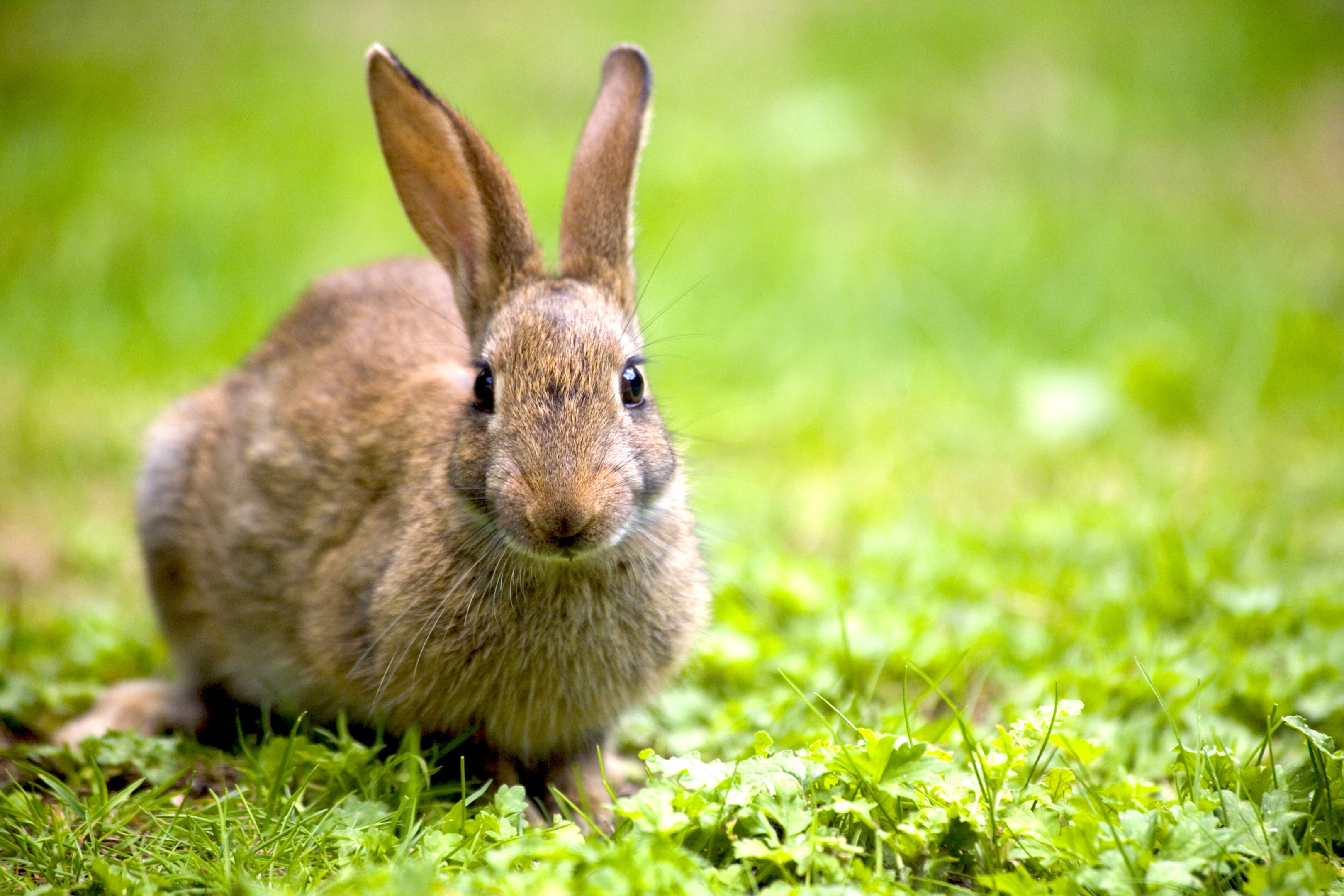 2) Grey SquirrelsHunting grey squirrels presents a different set of challenges and rewards. Known for their agility and quick reflexes, squirrels demand higher skill and patience from hunters. Their keen senses alert them to any noise or movement, adding excitement to the hunt. This is where an air rifle's quiet operation becomes a significant advantage. Unlike traditional firearms, air rifles produce minimal noise, allowing hunters to approach their targets more stealthily and increase their chances of success.
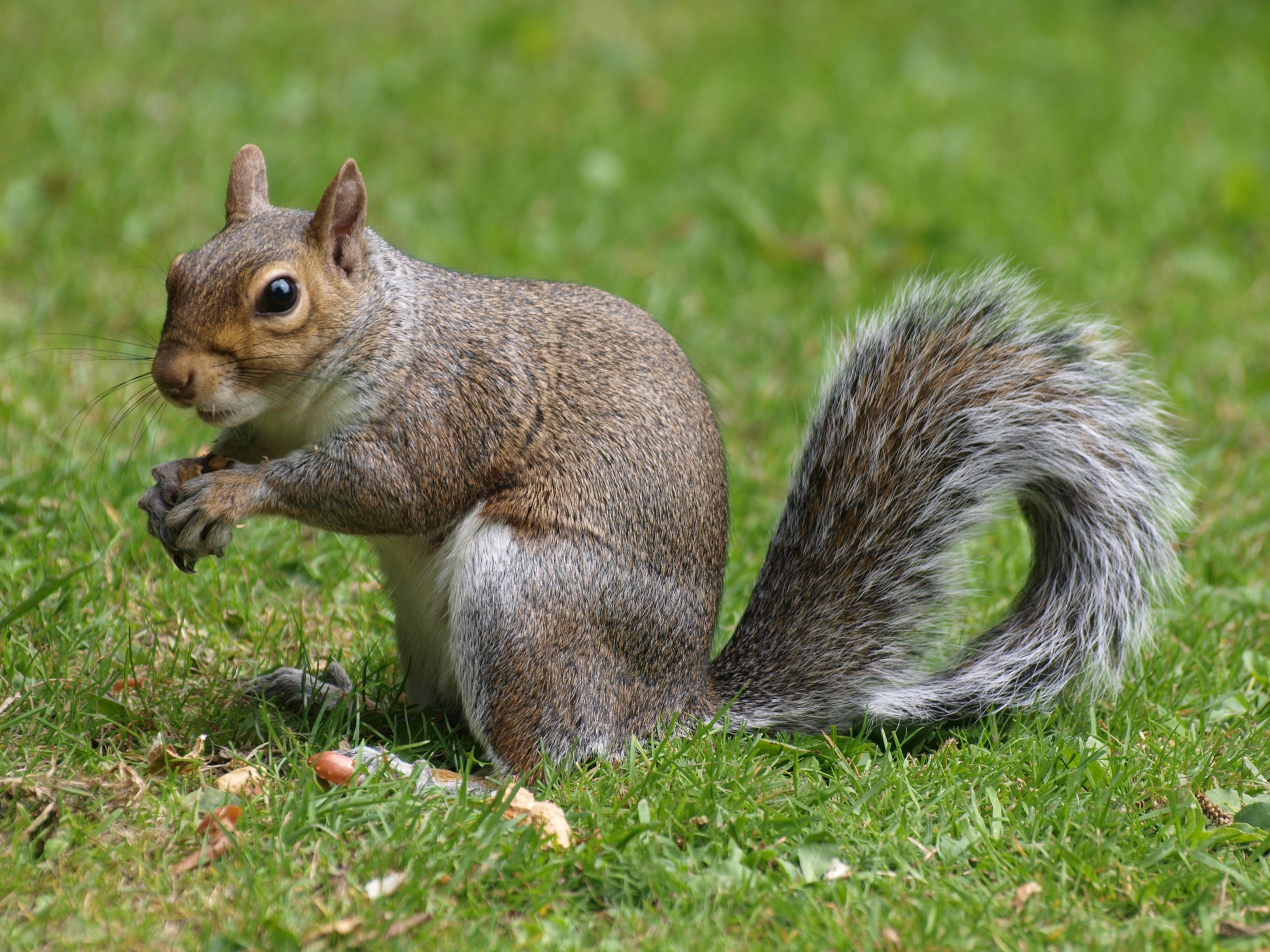 3) Rats and MiceRats and mice are among homeowners' and farmers' most prevalent pests, leading to significant property damage and potential health risks. These rodents can contaminate food sources, gnaw through wiring, and spread diseases, making their control a top priority for many. Air rifles offer an efficient and effective method for managing rat and mouse populations, especially in areas where traditional pest control methods may not be suitable or sufficient.
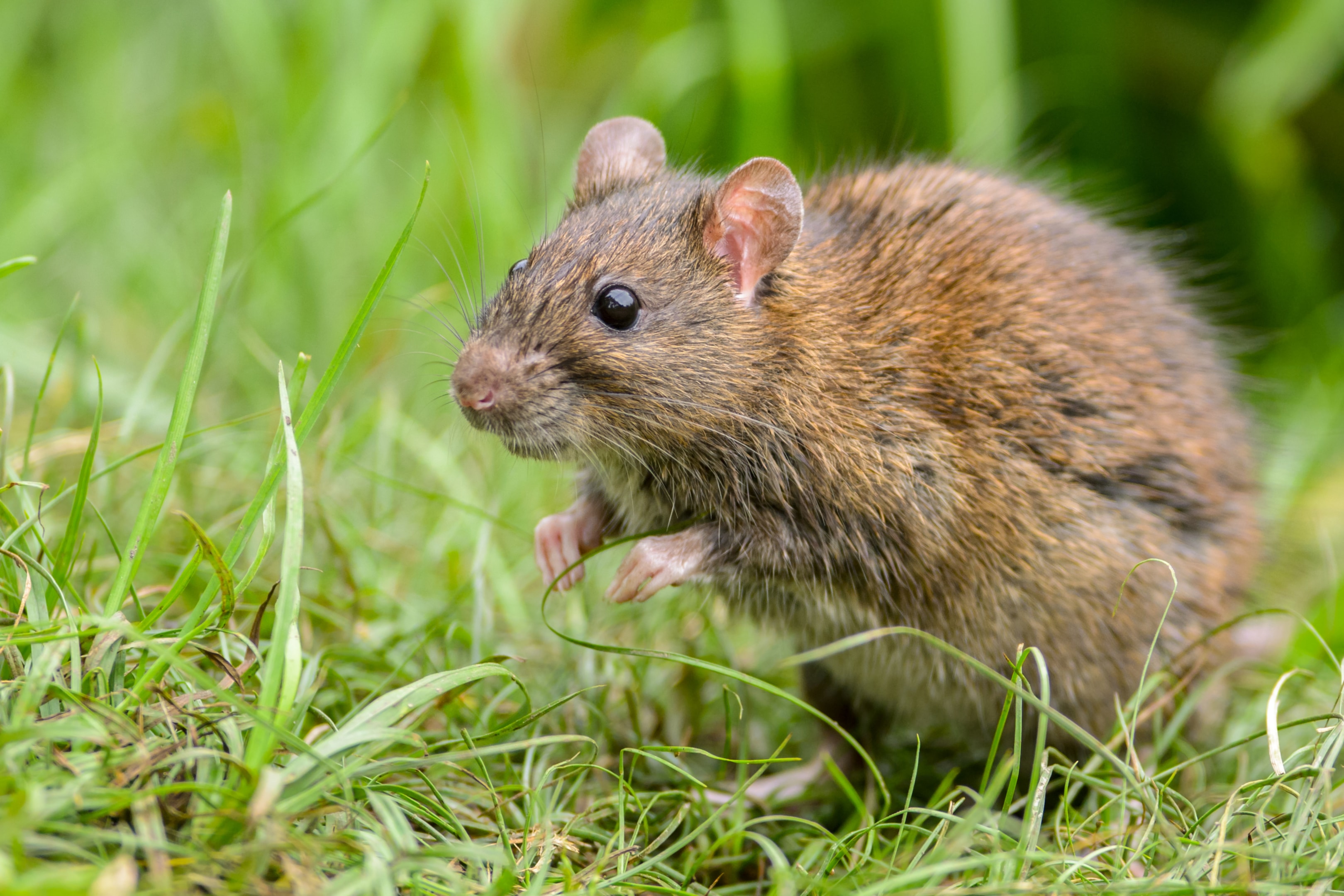 4) BirdsCertain bird species, such as pigeons, are often categorised as pests due to their tendency to gather in large flocks and damage crops, buildings, and equipment. However, hunting birds with an air rifle requires careful consideration of local laws and regulations, as many species are protected under migratory bird treaties and wildlife conservation acts. When it is legal to hunt pest birds, air rifles provide an effective solution that allows hunters to approach their targets quietly and with precision. The challenge in bird hunting lies in their ability to fly away quickly and their often erratic movements. Successful bird hunting with an air rifle requires patience, sharp shooting skills, and an understanding of the birds' behaviours and feeding patterns.
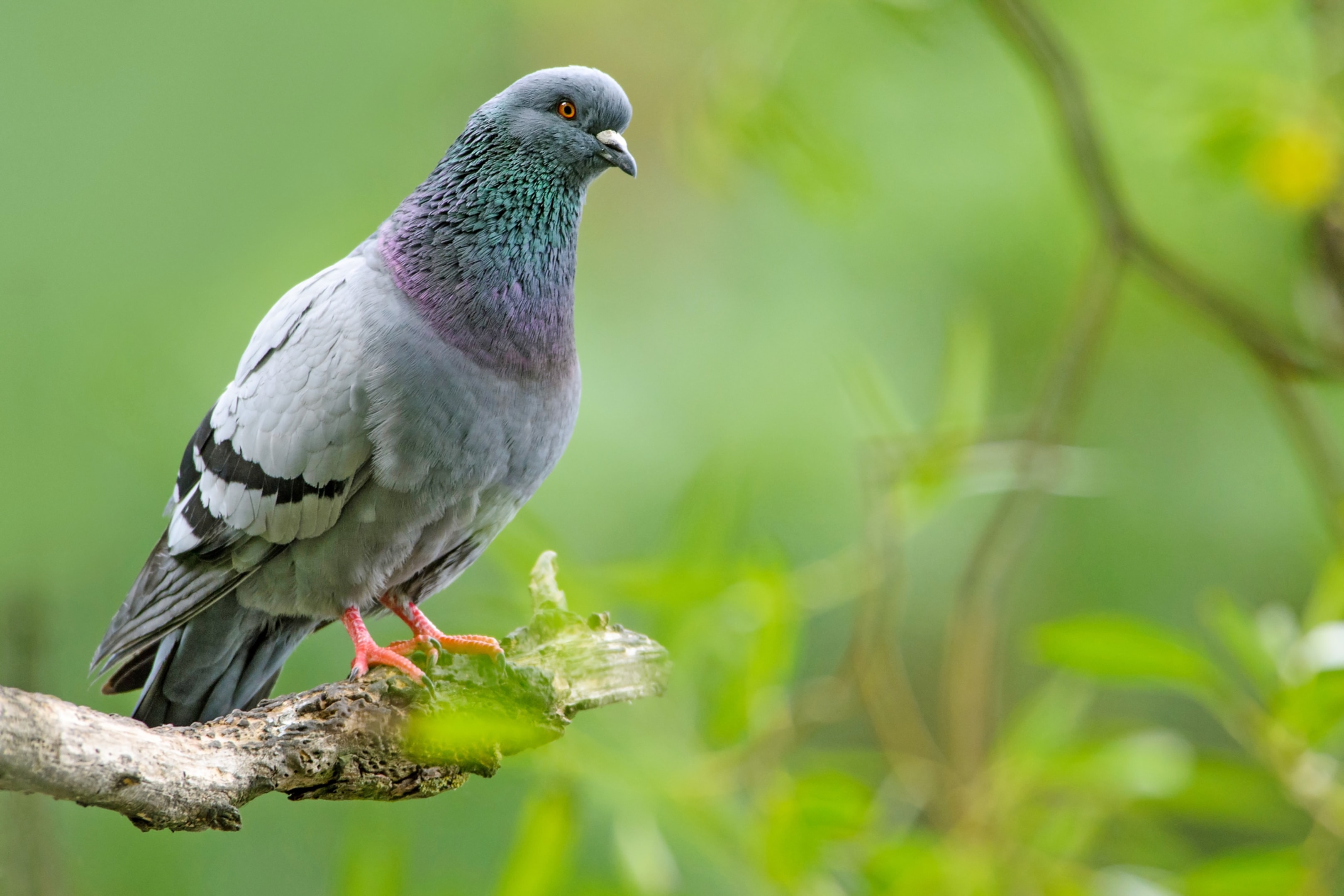 You can check the law with hunting and birds to make sure you know what species are protected and which are considered pests here. Legal and Ethical ConsiderationsUnderstanding the legal and ethical framework of hunting with an air rifle is crucial for any responsible hunter. Navigating these considerations ensures compliance with the law and promotes sustainable and humane hunting practices.
Local Hunting Laws and RegulationsBefore you begin any hunting expedition, you must familiarise yourself with local laws and regulations. These laws dictate what species can be hunted, when hunting seasons occur, and in which regions hunting is permitted. Certain species may be protected due to their declining populations or conservation status, and hunting them could lead to severe penalties. Ethical Hunting PracticesEthical hunting goes hand in hand with legal compliance and involves a commitment to fair chase and respect for wildlife and the environment. One of the key ethical considerations is ensuring humane kills. This means taking well-placed shots that quickly and efficiently dispatch the animal, minimising suffering. Achieving this requires skill, patience, and a thorough understanding of the anatomy of the game being hunted. Developing the necessary ethical hunting skills involves regular air rifle practice. Hunters should hone their marksmanship at target ranges under various conditions to replicate real hunting scenarios. This preparation helps ensure accuracy and confidence in the field. Don't damage the wildlife.Beyond skill development, as an ethical hunter, you should always strive to leave the environment better than you found it. This includes respecting private property, minimising waste by utilising as many animals as possible and being mindful of the impact on local ecosystems. By prioritising both legal compliance and ethical standards, hunters contribute to wildlife conservation and the sustainability of hunting as a cherished outdoor activity. Responsible hunting not only enhances personal enjoyment but also fosters a positive reputation for the hunting community as a whole. 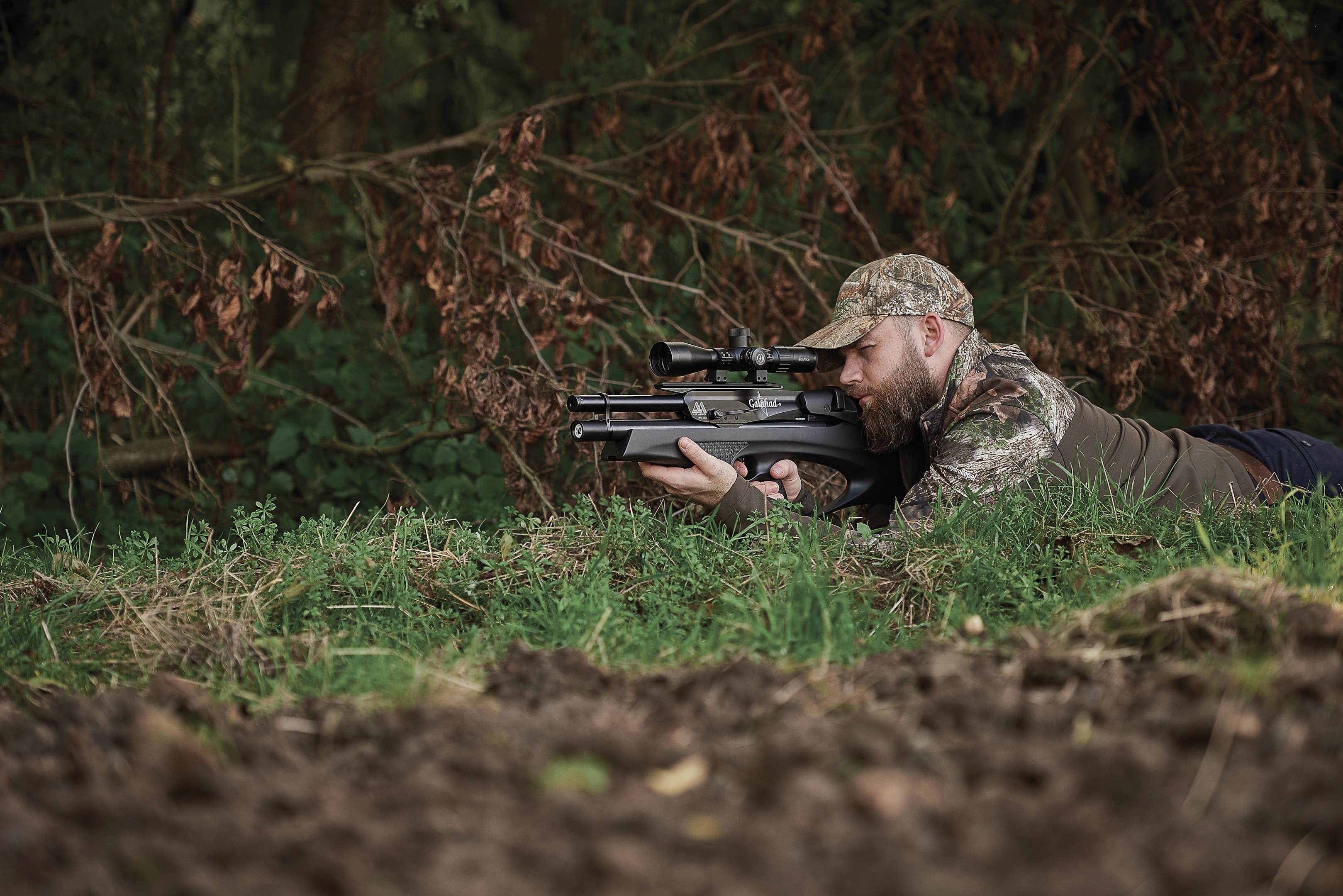 Choosing the Right Air RifleSelecting the perfect air rifle is critical in ensuring a successful and ethical hunting experience. The choice depends largely on the type of game you intend to hunt, personal preferences and skill level. It is always important to factor in the choices of air rifle to enhance your hunting capabilities:
From spring air rifles to PCP air rifles, there are many different types of powers. While PCP air rifles are popular amongst hunters due to their power and accuracy, there is no best air rifle to choose from when it comes to shooting (as it all depends on certain factors). You can check out the different types of air rifles in our What is an air rifle? blog to better understand the choices available - however, we'll discuss what types might be a better choice below. Types of Air Rifles and Game SuitabilityWhen choosing an air rifle, consider the game you are targeting. Different species require varying levels of power and precision:
The velocity, measured in feet per second (FPS), is another important factor. Higher velocity ensures that the pellet reaches its target quickly, reducing the chance of the game moving out of the line of fire. Accuracy and ReliabilityAccuracy is paramount in hunting. An air rifle that offers consistent shooting performance allows for precise aiming and humane harvesting of the game. Look for rifles with a good track record of reliability, meaning they consistently perform well under various conditions without frequent malfunctions or maintenance issues. Consider air rifles with adjustable triggers, ergonomic stocks, and high-quality scopes to enhance accuracy. These features can help customise the shooting experience to your preferences and improve overall precision. Key Features to Consider
By considering these factors, hunters can select an air rifle that meets their needs and enhances their hunting experience. A well-chosen air rifle contributes to successful hunts and supports ethical and responsible wildlife management practices. 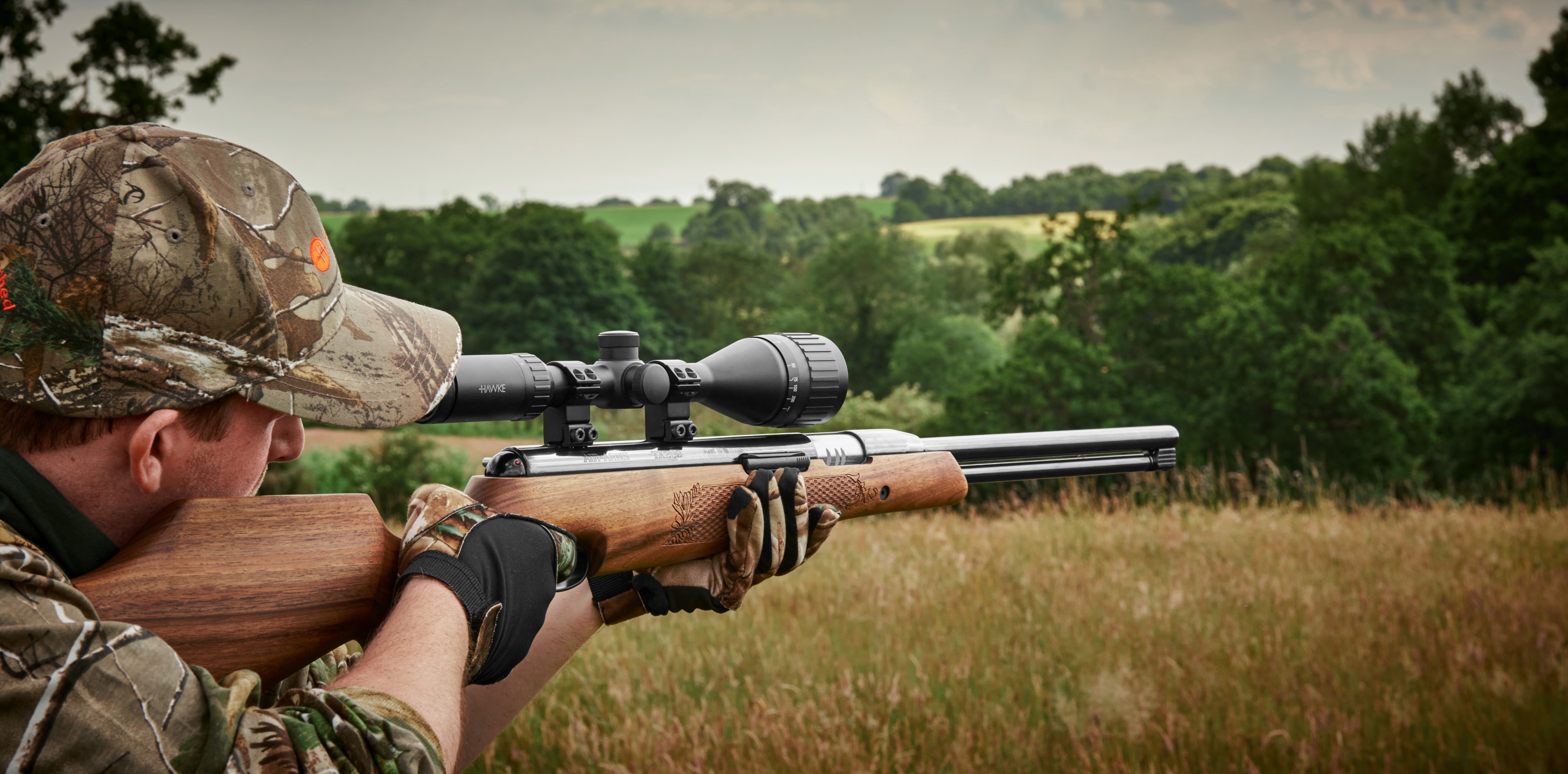 ConclusionIn conclusion, air rifles are versatile and practical tools for small-game hunting and pest control. They offer hunters precision, power, and quiet operation. Their ability to deliver accurate shots makes them ideal for ensuring humane kills, while their quiet nature allows for stealthy hunting without disturbing the surrounding environment. However, it is crucial to adhere to legal and ethical guidelines, obtain necessary permissions, and ensure that hunting practices are humane and justified. By doing so, air rifles can play a significant role in responsible wildlife management and pest control, helping to balance ecosystems and protect agricultural interests. From target shooting to small game hunting, if you have any questions or queries, please contact us today, and a team member will respond as soon as possible. |
|
Hi to All,
I am unsure to understand how it is possible to hunt in the UK.
Are there dedicated estate area for hunting where it is possible to walk in provided with the due licenses and permissions?
Thanks to everyone for the consideration.
Edgar